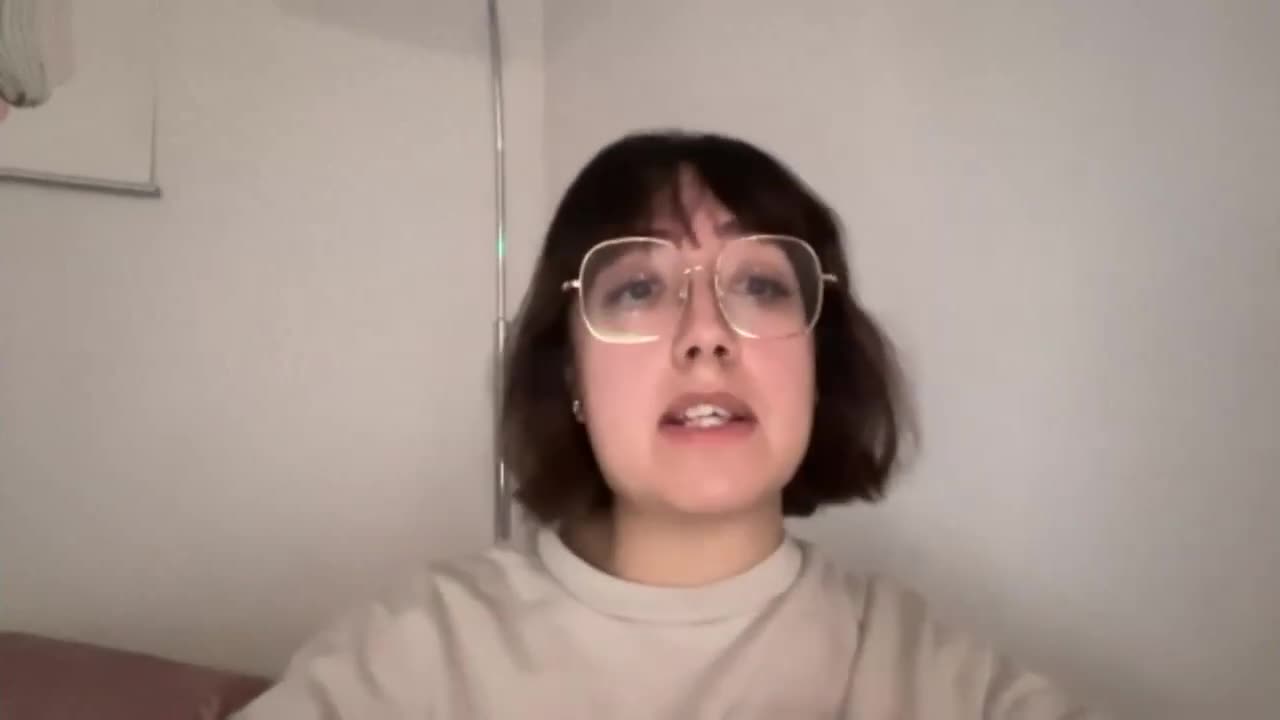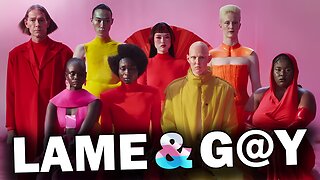Premium Only Content

Respectful Terminologies & Changing the Subject
On 22 November, we organized a webinar with a group of experts to discuss their unique approaches to reparative metadata practices: considering the ways that harmful histories and terminologies have made their way into collections labeling and categorization practices and finding ways to identify those terms, contextualize them, and/or replace them altogether.
Jill Baron, a librarian at Dartmouth College (USA) shared some of her learnings from a project to change subject headings in the United States Library of Congress after working with a student who encountered the subject heading “illegal aliens” in Dartmouth's library catalog. The journey is captured in the documentary Change the Subject that she co-produced. Marco Redina spoke about his work on the DE-BIAS project, identifying harmful terms and adding context and more appropriate terminologies to more than 4.5 million records currently published on the Europeana website. Amanda Figueroa spoke about her efforts on the Curationist team where reviewers work to recontextualize collection descriptions with more contemporary and respectful descriptions through review and research. Carma Citrawati, a lecturer at Udayana University (Indonesia) spoke about her efforts to preserve traditional Balinese manuscripts in consultation with communities in Bali.
In the conversation, you will hear more about some of the nuances around the choice to keep legacy terminology in the record in order to preserve the history of harm, or replace it in order to make for a less harmful experience during discovery today. You will also hear from the experts about how they have engaged their communities around the work they do and get some advice on how you might think about confronting some of the harmful histories that have made their way into descriptions and metadata at your institution.
-
 11:22
11:22
IsaacButterfield
1 day ago $2.88 earnedThe Shocking Truth About Fat Kids! (Ozempic For 6 year olds)
11K13 -
 1:02:48
1:02:48
PMG
1 day ago $4.74 earned"Missiles FIRED! Russia Hit By Ukraine!!! IS THIS WWIII?!"
8.36K1 -
 10:34
10:34
justintech
20 hours ago $16.85 earnedBest Gaming PC Under $1000! - In 2024
56.8K8 -
 9:34
9:34
Dr David Jockers
17 hours ago $14.20 earnedThe Shocking Truth About Butter
103K6 -
 9:05
9:05
Bearing
1 day agoJaguar's Woke New Ad is SHOCKINGLY Bad 😬
43.4K105 -
 7:55
7:55
Chris From The 740
16 hours ago $10.35 earnedWill The AK Project Function - Let's Head To The Range And Find Out
30K9 -
 2:39
2:39
BIG NEM
13 hours agoHygiene HORROR: The "Yurt Incident"
20.7K2 -
 3:19:21
3:19:21
Price of Reason
16 hours agoHollywood Celebrities FLEE the US After Trump Win! Wicked Movie Review! Gaming Journos MAD at Elon!
112K76 -
 3:55:45
3:55:45
Alex Zedra
11 hours agoLIVE! Last Map on The Escape: SCARY GAME.
93.1K3 -
 1:14:07
1:14:07
Glenn Greenwald
16 hours agoComedian Dave Smith On Trump's Picks, Israel, Ukraine, and More | SYSTEM UPDATE #370
189K273